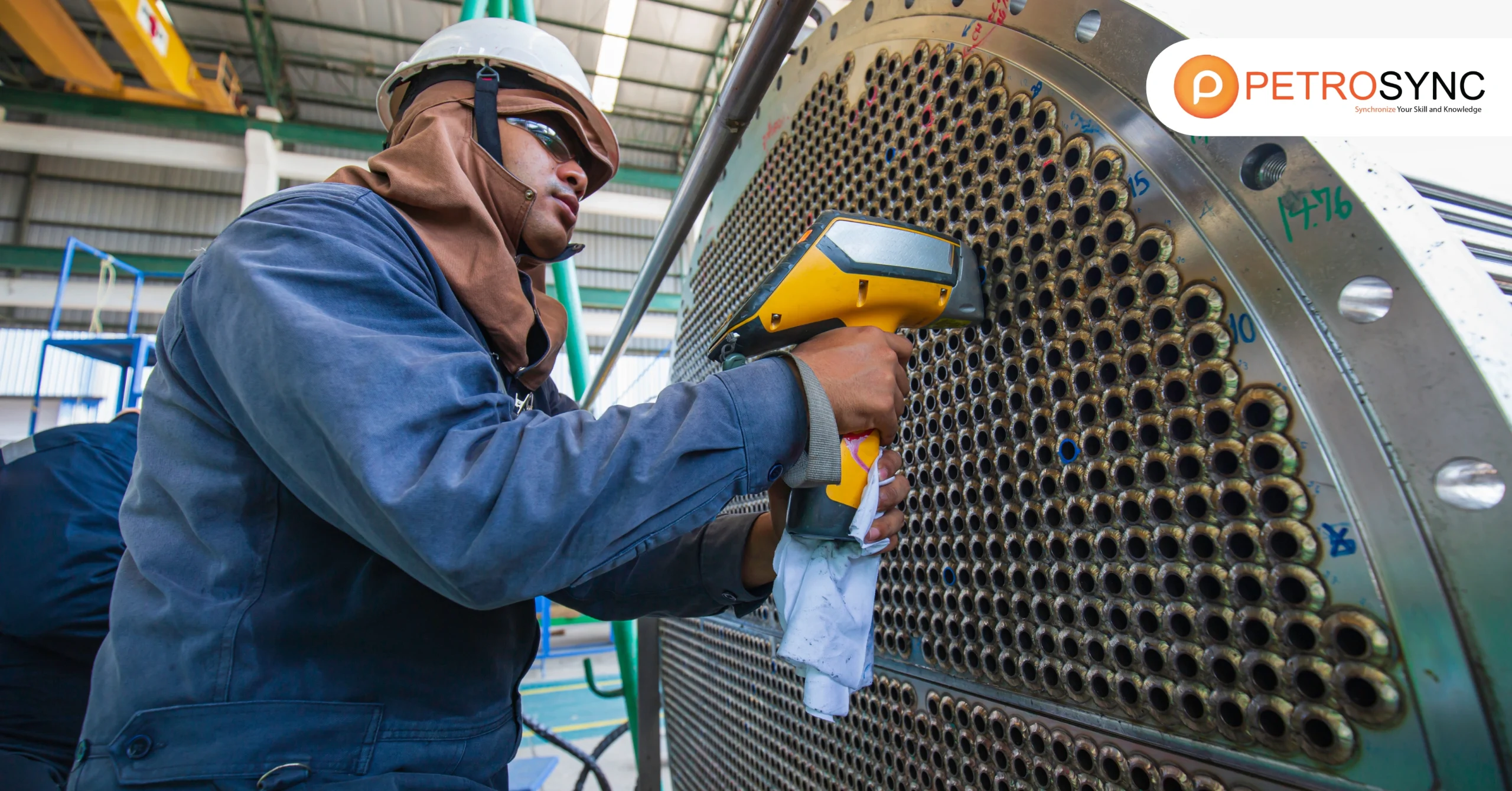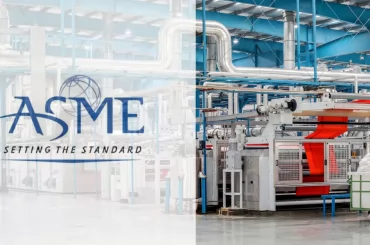Embarking on a career as a boiler engineer opens doors to a dynamic and essential role within industrial settings. Understanding the intricate responsibilities and expertise required is vital. Let’s delve into the core aspects of the boiler engineer role and responsibilities.
What Is Boiler Engineer?
A Boiler Engineer is a professional who oversees, maintains, and operates the temperature and ventilation systems for large facilities or plants. They also adjust systems according to the needs of the facilities, conduct maintenance, and address issues or fix worn-out equipment. Boiler Engineers face potential physical hazards, so it’s crucial for them to diligently adhere to safety precautions to stay safe.
What Does A Boiler Engineer Do?
1. System Calibration
A significant part of a Boiler Engineer’s daily work involves adjusting and fine-tuning the boiler systems to fit the specific needs of industrial facilities. They carefully examine how well the systems are performing each day, making small changes to ensure they work efficiently. This might mean adjusting temperatures, pressure levels, and other factors important for the boilers to run smoothly.
2. Maintenance Tasks
Every day, Boiler Engineers do important maintenance tasks to keep the boiler systems in good shape. They thoroughly check all parts for signs of wear and possible problems. Regular cleaning, applying lubrication, and replacing worn-out parts are routine tasks. By doing this regularly, they prevent unexpected issues and make sure the boilers are reliable.
3. Troubleshooting and Repairs
When something goes wrong with the boiler systems, Boiler Engineers become troubleshooters. They carefully look at the equipment, using their knowledge to find and fix problems. It could be a faulty valve, a leak, or a worn-out part that needs replacing. Their goal is to solve the issue, whether that means making adjustments or suggesting upgrades for better performance.
4. Safety Compliance
Safety is a big concern for Boiler Engineers because their work involves potential hazards. Every day, they follow strict safety rules, like wearing protective gear and evaluating risks before starting tasks. They also make sure all safety features in the systems are working correctly. By doing this, they keep themselves and their colleagues safe from accidents.
5. Installation Responsibilities
Boiler Engineers are crucial in setting up new boiler systems. This includes working with other professionals to make sure everything is correctly installed. Daily tasks during installation may involve connecting pipes, setting up electrical components, and running initial tests to check that the system works as it should.
6. Regulatory Compliance
To ensure everything meets industry standards, Boiler Engineers keep up with regulations. They regularly check for any changes in safety codes, environmental rules, or industry standards. Daily activities may include audits to confirm the boiler systems meet these rules, making adjustments if needed to stay compliant.
7. Team Collaboration
Boiler Engineers rarely work alone; they need to work well with others. Daily activities involve working with different professionals, like maintenance technicians, electricians, and safety inspectors. They attend team meetings to discuss projects, share ideas, and make sure everyone is working together to keep the boiler systems running smoothly.
8. Environmental Considerations
Because of the focus on being more eco-friendly, Boiler Engineers now pay attention to the environment in their daily tasks. This might mean using less fuel, exploring energy-efficient technologies, or following eco-friendly practices. By doing this, they contribute to making the industry more sustainable and environmentally responsible.
How To Become A Boiler Engineer?
To become a boiler engineer, you typically need degrees in mechanical or chemical engineering. Specialized training and certifications further enhance the skills necessary for this role. Explore what you need to do to be a boiler engineer
Step 1 Educational Foundation
Begin by obtaining a solid educational foundation. Most Boiler Engineers have a bachelor’s degree in mechanical or chemical engineering. These degrees provide the fundamental knowledge needed for understanding the complexities of boiler systems. Focus on coursework that covers thermodynamics, fluid mechanics, and heat transfer, as these are central to the work of a Boiler Engineer.
Step 2 Gain Practical Experience
Acquire practical experience to complement your education. Seek internships or entry-level positions in industries related to boilers or heating systems. Practical experience allows you to apply theoretical knowledge to real-world situations, developing your skills and understanding of the field.
Step 3 Specialized Training
Consider enrolling in specialized training programs for boiler operation and maintenance by PetroSync. These programs provide hands-on experience and in-depth knowledge specific to boiler systems. Completing our training enhances your expertise and makes you more competitive in the job market.
Step 4 Obtain Required Certifications
Check the certification requirements in your region. Many Boiler Engineers pursue certifications relevant to their responsibilities. Certifications, such as those offered by the National Board of Boiler and Pressure Vessel Inspectors, validate your skills and demonstrate your commitment to safety and industry standards.
Step 5 Gain Licensing
In some regions, Boiler Engineers are required to obtain a license. Licensing ensures that professionals meet specific competency standards and adhere to safety regulations. Research the licensing requirements in your area and work towards fulfilling them to legally practice as a Boiler Engineer.
Step 6 Continued Professional Development
Stay updated on industry advancements and regulations through continuous learning. Attend workshops, conferences, and engage in professional organizations related to boiler engineering. This ongoing education ensures you remain knowledgeable about the latest technologies and practices.
Recommended Step Boiler Training
As an additional step, consider taking specialized boiler training courses. These courses, often offered by technical schools or industry organizations, provide focused insights into boiler FAQs
What Skills Needed To Be A Professional Boiler Engineer?
To be a successful Boiler Engineer, certain essential skills are crucial
1. Technical Proficiency
Boiler Engineers need a solid understanding of the technical aspects of boiler systems. This includes knowledge of thermodynamics, fluid mechanics, and heat transfer. Being technically proficient allows them to operate, maintain, and troubleshoot boilers effectively.
2. Analytical Skills
Analytical skills help Boiler Engineers assess complex situations and identify potential issues within boiler systems. This includes the ability to analyze data, interpret readings, and diagnose problems accurately.
3. Communication Skills
Effective communication is vital for Boiler Engineers. They must convey technical information clearly to colleagues and team members. This skill is essential for coordinating tasks, explaining issues, and ensuring everyone understands safety procedures.
4. Problem-Solving Abilities
Boiler Engineers encounter various challenges in their daily work. Strong problem-solving skills enable them to address issues promptly and efficiently, whether it’s troubleshooting a malfunction or repairing a defective component.
5. Teamwork and Collaboration
Boiler Engineers rarely work in isolation. Collaboration with other professionals, such as maintenance technicians and safety inspectors, is essential. The ability to work well within a team ensures the smooth operation of boiler systems.
6. Attention to Detail
Boiler systems operate under precise conditions, and even small discrepancies can lead to issues. Attention to detail is crucial for Boiler Engineers to notice and rectify any deviations from the norm, preventing potential problems.
7. Time Management
Boiler Engineers often juggle multiple tasks and responsibilities. Effective time management helps them prioritize tasks, plan maintenance schedules, and ensure that essential activities are completed efficiently.
8. Adaptability
The industrial landscape and technology are continually evolving. Boiler Engineers need to be adaptable, staying updated on new technologies and adjusting their approaches to meet changing industry standards.
9. Safety Consciousness
Given the potential hazards associated with boiler systems, safety is paramount. Boiler Engineers must maintain a high level of safety consciousness, following protocols, wearing appropriate protective gear, and ensuring the well-being of themselves and their colleagues.
10. Leadership Qualities
As Boiler Engineers progress in their careers, leadership qualities become valuable. This includes the ability to lead teams, make decisions, and take on more significant responsibilities within the organization.
Having a combination of these skills ensures that a Boiler Engineer can navigate the complexities of their role successfully, contributing to the safe and efficient operation of boiler systems.
What Are Some Frequently Asked Questions about Boiler Engineer?
1. How Much Time Should I Allocate to Become a Boiler Engineer?
Becoming a qualified boiler engineer usually takes about four years for a bachelor’s degree, with additional training and experience extending the timeline.
2. What Are Some Common Challenges for Boiler Engineers?
Boiler engineers often deal with issues like system malfunctions, adherence to safety regulations, and staying updated on evolving technologies.
3. Is It Possible To Transition from Non-Engineering Background?
While challenging, transitioning from a non-engineering background is possible through relevant education, certifications, and practical experience.
4. How Is The Demand for Boiler Engineers?
Yes, there is high demand for boiler engineers, especially in industries relying on steam and heating systems, driven by the need for safe and efficient operations.
Furthermore, in the realm of power boilers, adherence to industry-approved standards is paramount. The ASME Section I code stands out as one of the most widely recognized and respected standards in the field. Compliance with ASME Section I ensures that power boilers meet stringent criteria for design, construction, and operation, emphasizing safety and efficiency.
As you navigate the demanding landscape of boiler engineering, consider enhancing your knowledge and skills by pursuing ASME Section I training. PetroSync offers comprehensive courses that not only deepen your understanding of the standard but also equip you with practical insights and applications. Investing in PetroSync training not only aligns you with industry best practices but also reinforces your competence as a Boiler Engineer in meeting and exceeding the high standards set by ASME Section I.
Credit header image: iStock

SEO specialist by day, fact-checker by night. An avid reader and content writer dedicated to delivering accurate and engaging articles through research and credible sources.






